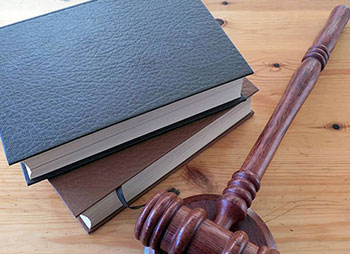
A deposition is a pre-trial oral testimony. Although it is pre-trial, it is still taken under oath and the testimony can be used in court. If you are currently involved in a legal battle, it is important to understand that the deposition can be vital in reaching a verdict and should be taken very seriously. Deposition can prove very useful to the opposing counsel, so being prepared for your testimony and knowing what to expect is very important.
Always tell the truth.
Since this testimony is still being given under oath, it is necessary to make sure you are not lying or omitting the truth at any point. If the opposing counsel catches you in a lie, not only can they use it against you in court, but you can also be found guilty of perjury, which is a felony.
Take your time answering each question.
Make sure you are listening carefully to each question you are being asked. Do not answer the question unless you fully understand it and don’t be afraid to ask for clarification. Also, make sure you pause after each question to fully formulate your response before speaking.
Remember that you have the right to consult with your lawyer at any time.
If at any time you aren’t sure how to answer a question or if you should answer at all, you have the right to discuss it with you lawyer before speaking. This means that you don’t have to accept every question raised by the opponent if you are advised not to. You should also never reveal the content of what you discuss with your lawyer to the opposing counsel.
Keep your testimony calm, polite, and professional.
There is no need to justify or explain your response at any time, but be sure you are remaining 100 percent truthful and getting to the point. It is critical to only say what you know for sure; this means there should be no guessing or speculation. Also, it is important to remain polite as jokes do not transfer well in the transcript of the deposition and may make you come off as crude or untruthful if it is used in trial.
Be prepared by knowing what you can and cannot bring.
Make sure you bring any requested documents, including copies for your counsel and the opposing counsel, as well as the original documents to prove authenticity. You should not bring any documents, including notes and diaries, that weren’t approved by your lawyer beforehand.
By following these essential tips, your deposition should go very well. Be in touch with your lawyer before and after. The Sharks At Law specializes in matters concerning personal injury, including medical malpractice, negligence, toxic tort, car accidents, truck accidents, and much more. Call today to schedule a free consultation!

Call For A Free Consultation
(312) 586-2820